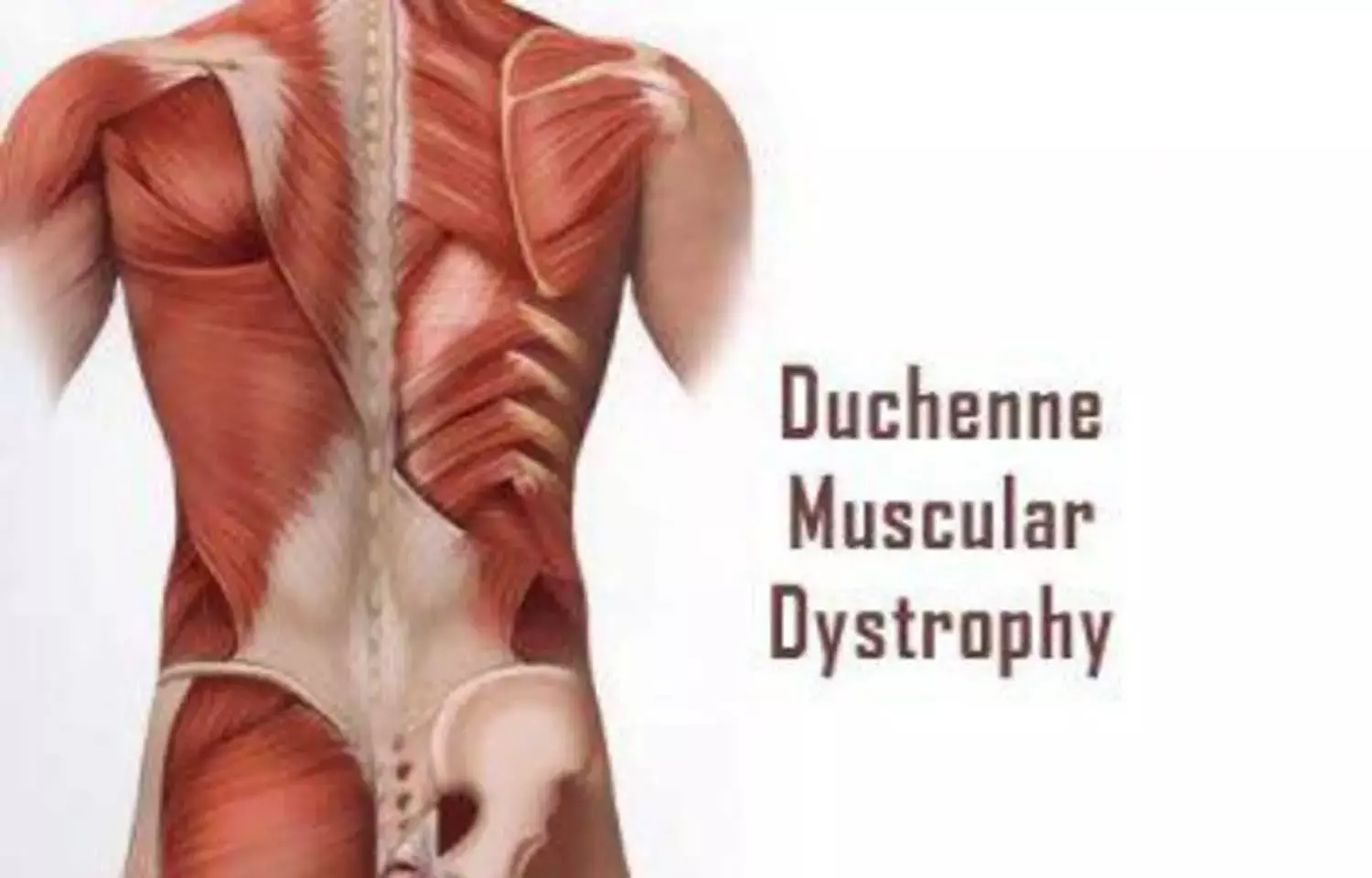- Home
- Medical news & Guidelines
- Anesthesiology
- Cardiology and CTVS
- Critical Care
- Dentistry
- Dermatology
- Diabetes and Endocrinology
- ENT
- Gastroenterology
- Medicine
- Nephrology
- Neurology
- Obstretics-Gynaecology
- Oncology
- Ophthalmology
- Orthopaedics
- Pediatrics-Neonatology
- Psychiatry
- Pulmonology
- Radiology
- Surgery
- Urology
- Laboratory Medicine
- Diet
- Nursing
- Paramedical
- Physiotherapy
- Health news
- Fact Check
- Bone Health Fact Check
- Brain Health Fact Check
- Cancer Related Fact Check
- Child Care Fact Check
- Dental and oral health fact check
- Diabetes and metabolic health fact check
- Diet and Nutrition Fact Check
- Eye and ENT Care Fact Check
- Fitness fact check
- Gut health fact check
- Heart health fact check
- Kidney health fact check
- Medical education fact check
- Men's health fact check
- Respiratory fact check
- Skin and hair care fact check
- Vaccine and Immunization fact check
- Women's health fact check
- AYUSH
- State News
- Andaman and Nicobar Islands
- Andhra Pradesh
- Arunachal Pradesh
- Assam
- Bihar
- Chandigarh
- Chattisgarh
- Dadra and Nagar Haveli
- Daman and Diu
- Delhi
- Goa
- Gujarat
- Haryana
- Himachal Pradesh
- Jammu & Kashmir
- Jharkhand
- Karnataka
- Kerala
- Ladakh
- Lakshadweep
- Madhya Pradesh
- Maharashtra
- Manipur
- Meghalaya
- Mizoram
- Nagaland
- Odisha
- Puducherry
- Punjab
- Rajasthan
- Sikkim
- Tamil Nadu
- Telangana
- Tripura
- Uttar Pradesh
- Uttrakhand
- West Bengal
- Medical Education
- Industry
New 'cocktail' drug could benefit up to 45 per cent of patients with Duchenne muscular dystrophy

EDMONTON - A new "cocktail" drug being developed at the University of Alberta could provide an effective and economical treatment to lessen symptoms for up to 45 per cent of patients with Duchenne muscular dystrophy (DMD), a chronic muscle-wasting disease.
A team led by researcher Toshifumi Yokota, a professor of medical genetics in the Faculty of Medicine & Dentistry, created – and is now testing – a cocktail of six treatments which would mean nearly half of patients with DMD could be treated with just one drug.
DMD affects six of every 100,000 people — usually boys. People with DMD have various mutations in the body's largest gene, dystrophin, which is a protein that cells need to stay intact. Dystrophin has 79 sections, or exons, and if even one is missing the body cannot produce the protein and the muscles degenerate.
There is no cure for DMD, but a new class of drugs uses an approach called "exon skipping". It acts as a Band-Aid over the missing exons, so the body can skip over the damaged instructions and produce the protein needed to rebuild muscle tissue.
The U.S Food and Drug Administration has already approved other similar treatments, including viltolarsen, which is based on Yokota's research. Each, however, has limited applicability. This new "cocktail" treatment could help many more patients.
"Each of the previously developed exon-skipping molecules has been able to treat only around 10 per cent of DMD patients because they have different mutations to their exons in different locations within the gene," said Yokota, who is also the Friends of Garrett Cumming Research & Muscular Dystrophy Canada Endowed Research Chair.
"Our approach is to skip over 11 exons all at once, which would allow us to treat approximately 45 per cent of patients," he explained.
The research was published this week in the Proceedings of the National Academy of Sciences.
Yokota's team tested the new synthetic drug in patient-derived muscle tissue in test tubes and in mice. They found signs of dystrophin production, muscle building and improved heart function.
DMD often leads to extreme skeletal body weakness, yet most patients actually die from heart failure. Existing exon-skipping treatments do not penetrate the heart muscle - a limitation this new cocktail addresses, according to Yokota.
"Our cocktail combines the antisense oligonucleotides with a new peptide which allows the drug to penetrate the heart muscle," he said.
The cocktail still needs to undertake toxicology testing and go through the regulatory steps to conduct clinical trials. Yokota and his colleagues recently launched a company to help commercialize the drug.
Dr Kamal Kant Kohli-MBBS, DTCD- a chest specialist with more than 30 years of practice and a flair for writing clinical articles, Dr Kamal Kant Kohli joined Medical Dialogues as a Chief Editor of Medical News. Besides writing articles, as an editor, he proofreads and verifies all the medical content published on Medical Dialogues including those coming from journals, studies,medical conferences,guidelines etc. Email: drkohli@medicaldialogues.in. Contact no. 011-43720751


